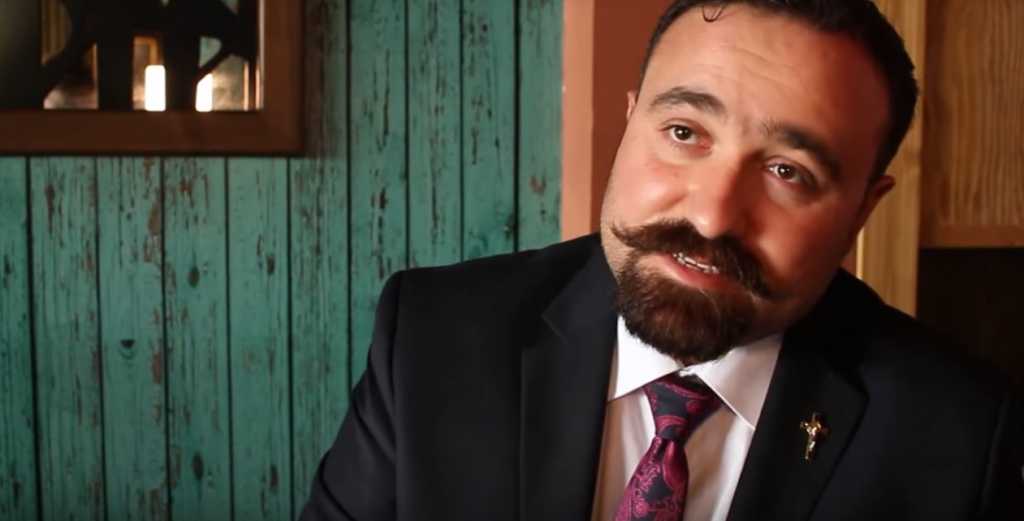The sole Christian member of Kurdistan’s cabinet has been sworn into his political position on a Bible which was burnt by ISIS militants.
On Wednesday, Ano Jawhar Abdulmasih Abdoka took up the position of the minister of the Kurdistan Regional Government’s (KRG) Transportation and Communications, being sworn by placing his hand on a Bible which was burned by Islamic State (ISIS) militants in Nineveh Plains.
Abdoka invoked the use the holy book as a gesture of support for the much-persecuted Christian community, who he has vowed to protect in the coming years.
“For me, as a Christian, as the only Christian minister in the new cabinet of the KRG, the Kurdistan Regional Government, I decided to swear on a biblical manuscript, part of which was burnt by ISIS members in the Nineveh Plains,” Abdoka told Rudaw on Tuesday.
“It is a challenge that we as Christians, Chaldeans, Assyrians and Syriacs are remaining in the land of our ancestors. The Nineveh Plains, Iraq, Mesopotamia and Kurdistan are our lands, and we are remaining here with the help of our friends in Kurdistan Region.”
Abdoka has recalled witnessing “horrible atrocities” carried out by ISIS against the Christian minorities. He said that everyone was in the region had been “affected” by the militants’ activities is some way.
Yezidi, Turkmen and Christian minorities will all be represented in the cabinet, led by Prime Minister Masrour Barzani.
“After working since September 2018 to put together a truly inclusive government, my commitment now is to work together with every party and every part of our nation to build a strong Kurdistan Regional Government (KRG) that serves the people, not the other way around,” Barzani said during Wednesday’s inauguration, as reported by Kurdistan 24.
Barzani added that the government must ensure that it “serves the people of Kurdistan in a fully transparent and accountable manner.”
“This will include securing the public finances to pay down our debts, introducing regulatory reforms that allow businesses to thrive, attracting more foreign investment and enabling the development of new infrastructure,” he added.



